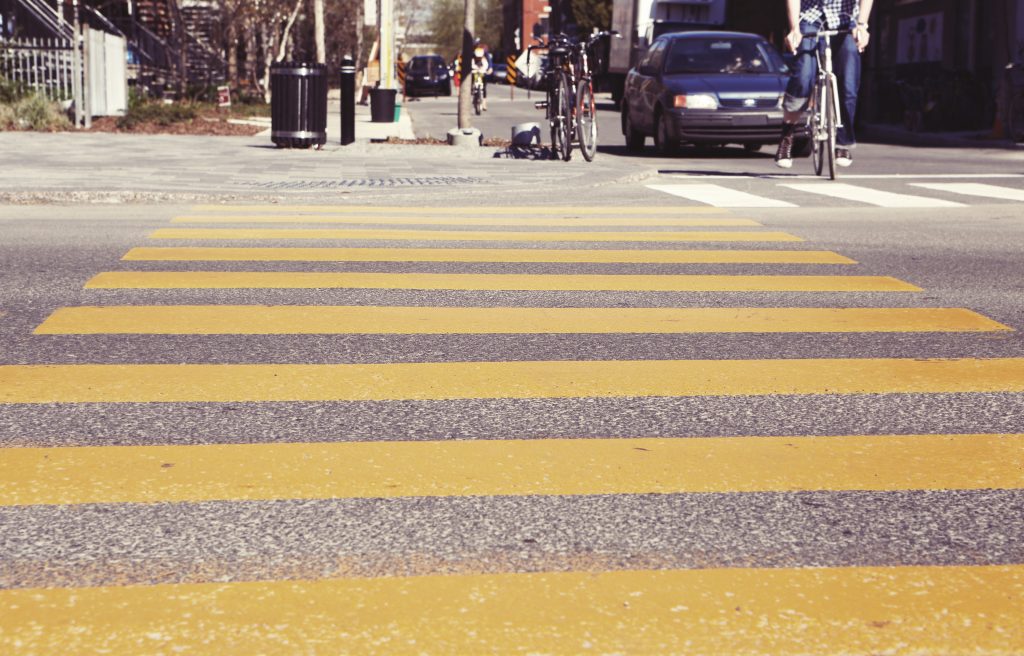 People often assume that pedestrians always have the right of way. While this adage is partially true, pedestrians who avoid proper safety protocols can be found more at fault for an injury than the car that struck them. If avoiding physical trauma is not motivation enough to look both ways before crossing the street, the following lawsuit may encourage you to take proactive steps to avoid being hit.
People often assume that pedestrians always have the right of way. While this adage is partially true, pedestrians who avoid proper safety protocols can be found more at fault for an injury than the car that struck them. If avoiding physical trauma is not motivation enough to look both ways before crossing the street, the following lawsuit may encourage you to take proactive steps to avoid being hit.
Wilson Jolivette was walking on a service road near Louisiana Highway 90 when he was struck by a passing truck driven by Ray Hebert. Hebert was employed by Hanagriff’s Machine Shop and was driving a large flatbed truck owned by the Shop. Jolivette broke both his wrist and ankle due to the collision. Hebert’s driver’s license documents partial vision loss in one eye, and he testified that he did not see Jolivette walking on the road.
Witnesses to the events described Jolivette walking into the road, being struck by the truck’s side mirror, and spinning into the air. Jolivette admitted that he did not look both ways before crossing the service road and consequently did not see the truck coming. Jolivette sued the Shop for medical expenses, pain and suffering, and loss of earnings. The jury found him 70% at fault for the accident and the Shop at fault for the other 30%. The jury also awarded Jolivette $10,000 for pain and suffering and other awards. Both parties appealed their assignments of fault. Jolivette appealed the $10,000 ruling.
 Louisiana Personal Injury Lawyer Blog
Louisiana Personal Injury Lawyer Blog


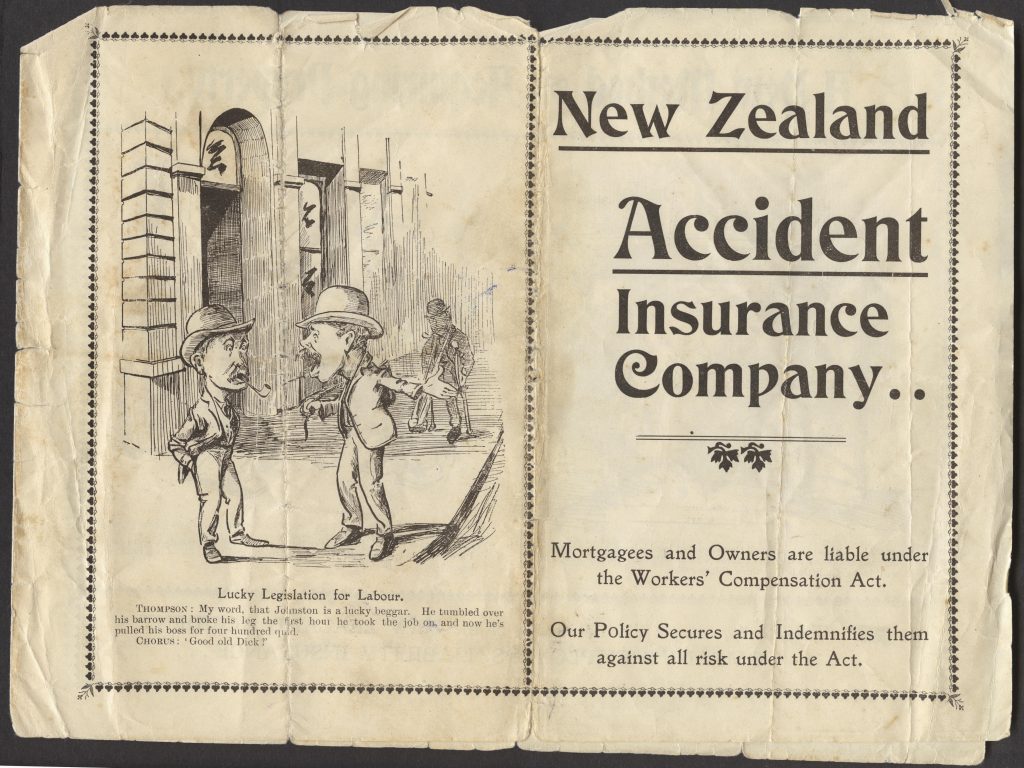 Vicarious liability in the context of work-related accidents is a complex legal issue that necessitates careful analysis of the state’s code. The case of Sarah Barber serves as a compelling example of the potential consequences when a government employee causes an accident while performing their job duties. Understanding the nuances of vicarious liability and the specific provisions governing such cases is essential to determine the employer’s liability for the actions of their employees.
Vicarious liability in the context of work-related accidents is a complex legal issue that necessitates careful analysis of the state’s code. The case of Sarah Barber serves as a compelling example of the potential consequences when a government employee causes an accident while performing their job duties. Understanding the nuances of vicarious liability and the specific provisions governing such cases is essential to determine the employer’s liability for the actions of their employees.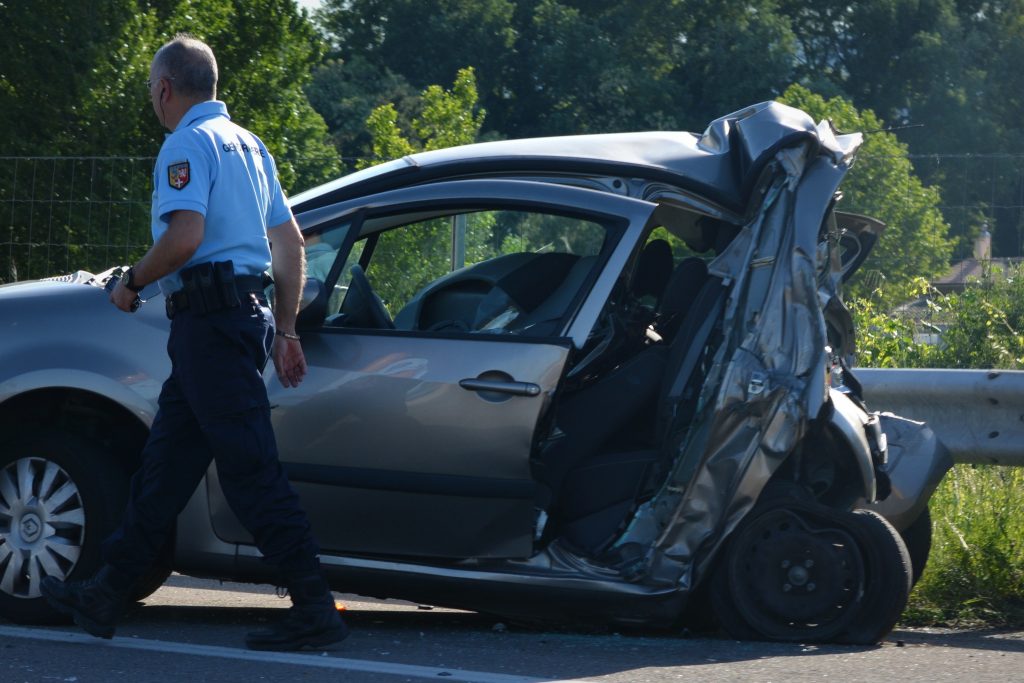 Being involved in a car accident is unfortunate, especially when it leaves you with long-term pain and suffering. If your injuries are a direct result of a car accident, you may be entitled to compensation from those who caused them. Rather than risk representing yourself in the legal process and walking away with little to nothing, you need to be represented by a qualified attorney who can assist in getting you the damages you deserve.
Being involved in a car accident is unfortunate, especially when it leaves you with long-term pain and suffering. If your injuries are a direct result of a car accident, you may be entitled to compensation from those who caused them. Rather than risk representing yourself in the legal process and walking away with little to nothing, you need to be represented by a qualified attorney who can assist in getting you the damages you deserve. 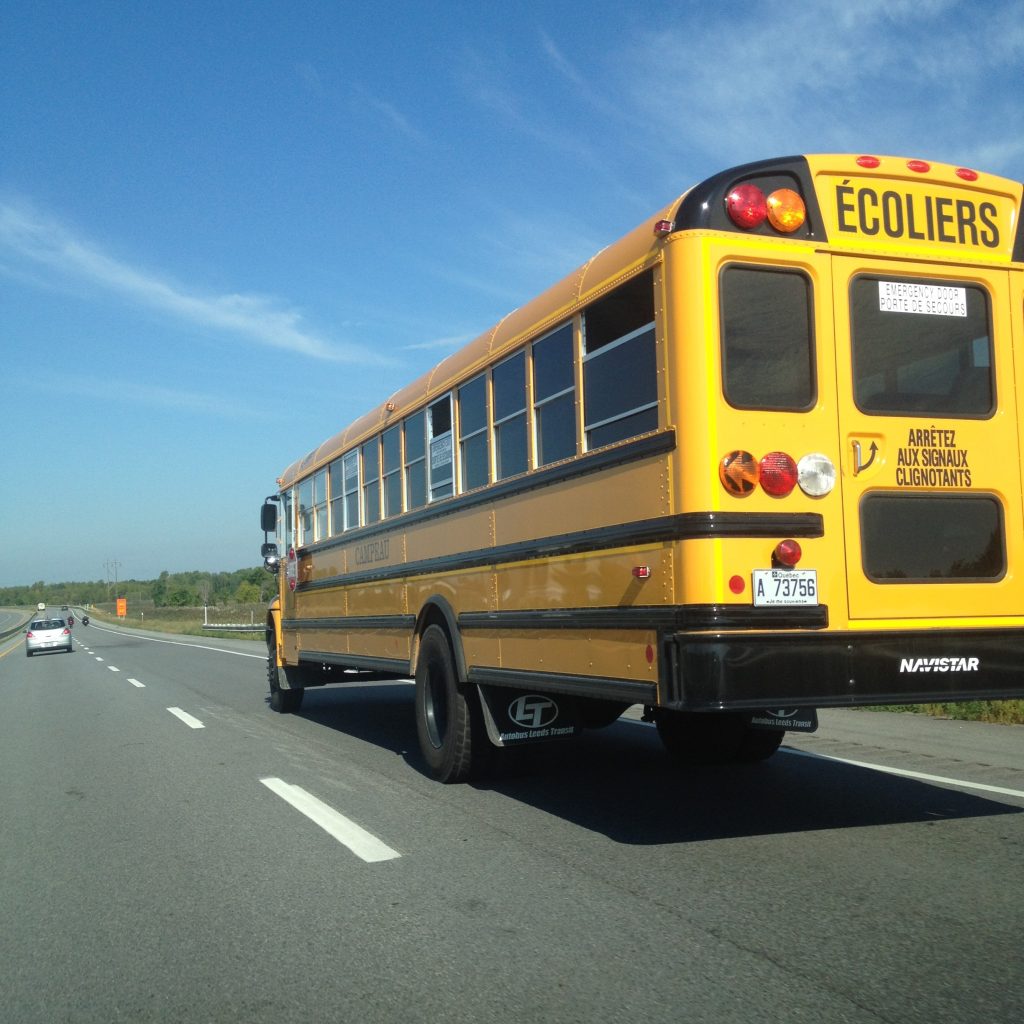 It is well known that every court order contains a physical copy declaring what the verdict of the case is, otherwise known as a final judgment. However, the order must contain what we call “decretal language.” But what in the world does that mean? The Louisiana Third Circuit Court of Appeal discusses this question and when a final judgment can be amended to contain all the necessary language crucial for the order.
It is well known that every court order contains a physical copy declaring what the verdict of the case is, otherwise known as a final judgment. However, the order must contain what we call “decretal language.” But what in the world does that mean? The Louisiana Third Circuit Court of Appeal discusses this question and when a final judgment can be amended to contain all the necessary language crucial for the order.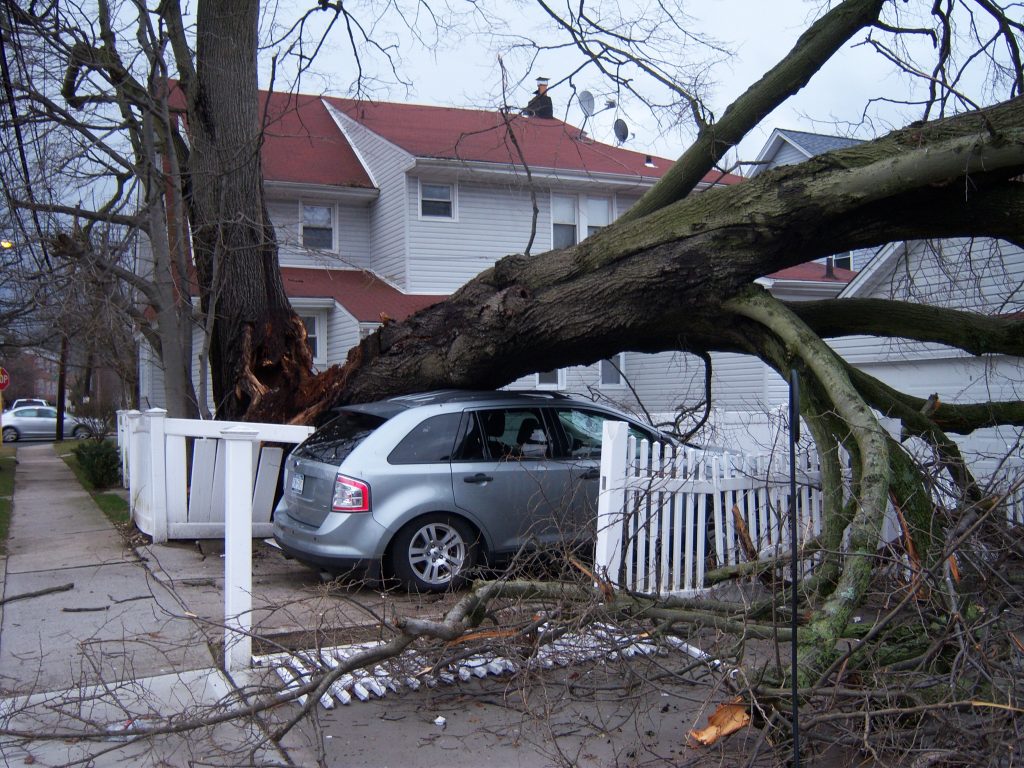 Borrowing a car from family or friends is a common occurrence. While you might think your car insurance protects you in the unfortunate event you are involved in a car accident while driving the borrowed car, it is essential to be aware of exclusions that might apply to your insurance coverage. This case involves a policy exclusion that applied to property damage caused to the borrowed car.
Borrowing a car from family or friends is a common occurrence. While you might think your car insurance protects you in the unfortunate event you are involved in a car accident while driving the borrowed car, it is essential to be aware of exclusions that might apply to your insurance coverage. This case involves a policy exclusion that applied to property damage caused to the borrowed car.  Receiving compensation from the at-fault driver’s insurance policy after a car accident can bring relief. However, it is essential to be aware of the potential complications if the awarded amount exceeds the other driver’s insurance policy limits. This case serves as an example of what can happen in such situations and highlights the importance of understanding the legal implications.
Receiving compensation from the at-fault driver’s insurance policy after a car accident can bring relief. However, it is essential to be aware of the potential complications if the awarded amount exceeds the other driver’s insurance policy limits. This case serves as an example of what can happen in such situations and highlights the importance of understanding the legal implications.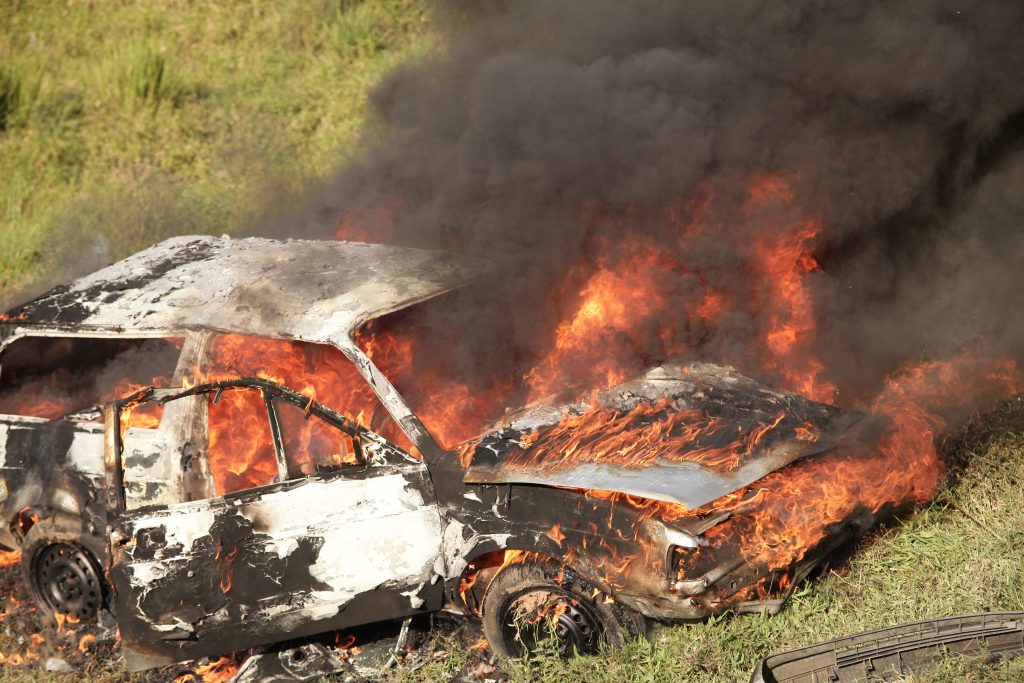 Assigning fault in a vehicle accident can be challenging, especially when witnesses present conflicting accounts of what transpired. The struggle to ascertain the truth becomes even more pronounced when there are discrepancies in testimony regarding the events leading up to the accident. But what happens when conflicting narratives emerge in court? The following lawsuit out of New Orleans helps answer that question.
Assigning fault in a vehicle accident can be challenging, especially when witnesses present conflicting accounts of what transpired. The struggle to ascertain the truth becomes even more pronounced when there are discrepancies in testimony regarding the events leading up to the accident. But what happens when conflicting narratives emerge in court? The following lawsuit out of New Orleans helps answer that question.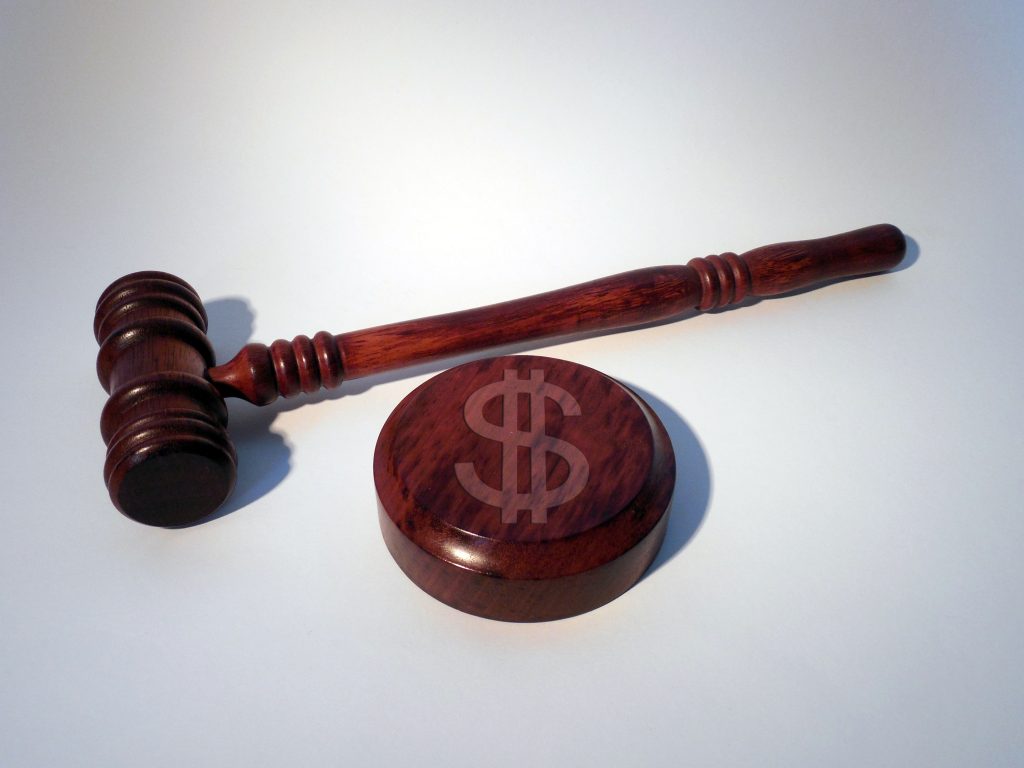 Every day, individuals rely on the court system to resolve disputes, to ensure due process, and to serve justice. Individuals who are victims of an accident and suffered injury often need the courts to be restored to their previous condition. However, when a court issues an unclear final judgment, you need an excellent attorney to assist in sorting through the confusion and helping you find relief.
Every day, individuals rely on the court system to resolve disputes, to ensure due process, and to serve justice. Individuals who are victims of an accident and suffered injury often need the courts to be restored to their previous condition. However, when a court issues an unclear final judgment, you need an excellent attorney to assist in sorting through the confusion and helping you find relief.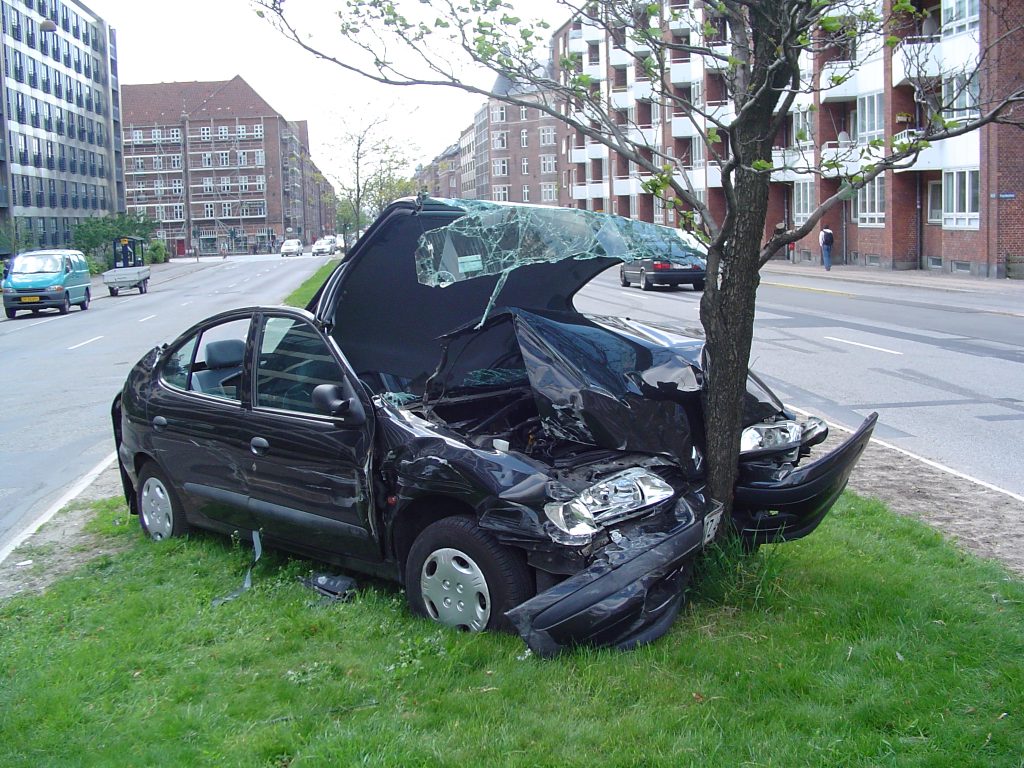 If you ever find yourself injured in a car accident, it’s crucial to seek legal advice from a licensed attorney in your jurisdiction. Consulting with an attorney can help you understand your rights and determine if you are entitled to compensation, depending on the allocation of fault. Car accidents can be complex, and navigating the legal process requires expert guidance.
If you ever find yourself injured in a car accident, it’s crucial to seek legal advice from a licensed attorney in your jurisdiction. Consulting with an attorney can help you understand your rights and determine if you are entitled to compensation, depending on the allocation of fault. Car accidents can be complex, and navigating the legal process requires expert guidance.  From a serious crash to a minor fender bender, car accidents take a devastating emotional and financial toll on the people involved. Common principles of fairness suggest that if a distracting passenger helped cause the crash, they should also be liable to help pay. Unfortunately, deciding which acts are sufficiently distracting enough to warrant liability in comparative negligence law can be complicated. The thought-provoking lawsuit of Christy Robinette versus Old Republic Insurance Company sheds light on this issue, raising the question: Should courts restrict liability for passengers who contribute to distractions?
From a serious crash to a minor fender bender, car accidents take a devastating emotional and financial toll on the people involved. Common principles of fairness suggest that if a distracting passenger helped cause the crash, they should also be liable to help pay. Unfortunately, deciding which acts are sufficiently distracting enough to warrant liability in comparative negligence law can be complicated. The thought-provoking lawsuit of Christy Robinette versus Old Republic Insurance Company sheds light on this issue, raising the question: Should courts restrict liability for passengers who contribute to distractions?